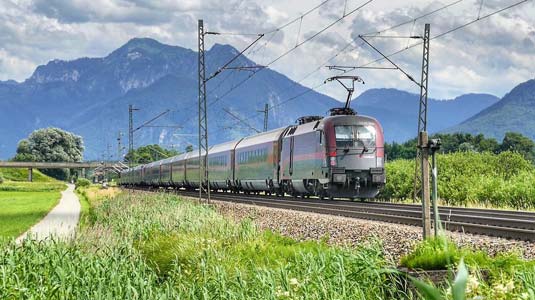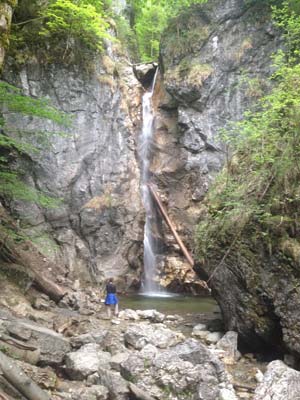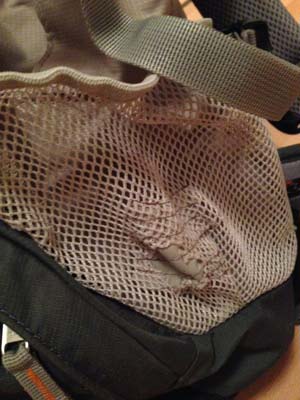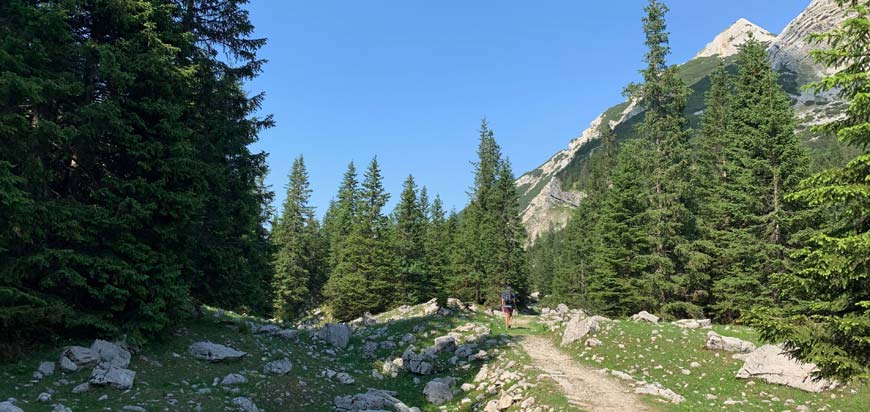How to reduce your environmental impact
One of the main reasons that many of us choose to head out into the mountains is for the unwinding experience that being closer to nature brings us. It is therefore quite ironic that the growth of this movement to get closer to nature, can actually be one of the reasons that we are disrupting and destroying this precious gift.
At 4elements we strongly believe that connecting with nature is vital for physical and mental well-being for young and old. In the words of the wildlife and conservation legend David Attenborough “No one will protect what they don’t care about; and no one will care about what they have never experienced”.
So what can we do to connect with nature and ensure that we are reducing are environmental impact?
Here are some small but easy steps with tips for those of you based around the Munich area, but many of which could apply to different locations:

Travel:
Choose public transportation over car- From Munich this is a no-brainer – there are an infinite number of hikes from the west to east of the Bavarian Alps and beyond accessible via public transportation and even several “Bergsteiger” (mountain climber) busses connecting train stations to trail heads. Group tickets make it a cost-effective way to travel as well as hassle free as the train sails past the queues of traffic on Sunday afternoons...
Check out:
We made the switch to all public transport tours for Trail Fit Club last year- including hut tours across the border into Austria and we’ve not looked back. Furthermore this year’s Transalp we head from Germany to Italy on foot and then come back via train.
Take out what you take in:

EVERYTHING- toilet paper, egg shells, orange peel, apple cores...
If it didn’t grow there, it doesn’t belong there. Not only does everything take a lot longer to decompose at altitude (e.g. a banana skin at 600m takes 3-5 years!) but the potential chemicals could potentially upset the fragile balance of the local ecosystem as well as the stomach of an animal ingesting it. Carry a small bag with you for waste and even better, do your bit for paying it forward and collect any other litter that you come across along the way.
N.B. This counts if you are staying in a hut also- leaving your rubbish in the hut creates an extra load for the huts in remote locations, where rubbish has to be carried in and out of these areas by heli or truck.
Respect wildlife & farm animals

A mother cow with its calf can become aggressive very quickly.
Be aware of nature protection zones so that you are not disturbing animals in their habitats especially at sensitive times of the year (winter). Avoid making loud noises and keep the music for your own four walls. Observe animals from a distance, do not follow, approach or pet them (even that friendly looking cow…). Never feed animals. Feeding wildlife damages their health and exposes them to predators and other dangers.
Share responsibly:

Share Responsibly...no idea where this is...
By all means recommend the tour to a friend, colleague or family, and share the love of the great outdoors with a nice shot or two on whichever social media channel you choose. Just be mindful of the #instashot curse – does the whole world need to know the location of that secluded waterfall. Best of all- put the phone away and be present in the experience :-)
Reduce, reuse, repair, recycle

Repaired rucksack pocket by Patagonia Repair & Care workshop
From carrying a refillable water bottle to our outdoor gear, there are many ways that we can reduce our impact further:
- Prep your own mountain snacks rather than buying single-wrapped musli/ snack bars
- Carry a refillable water bottle
- Wear and care for your outdoor gear so that you get the most out of its lifetime – hiking boots can be resoled at a reasonable price and waterproofs retreated on a regular basis will also last longer (blog post to come soon!). Stores such as Patagonia and Globetrotter offer regular in-store workshops to help repair gear- faulty zips, torn down jackets and more
- Recycle: Whether looking for new gear or passing on old gear – this is probably the best we can do- reducing new things being produced in the first place. Check out ebay, facebook mountaineering groups, the DAV alpine fleamarket (April & October) and other local fleamarkets
- Offset your carbon emissions for travel with an organization such as myclimate
Thank you for taking the time to read this blog post. If you have other ideas as to how to reduce your environmental impact further, then please do let us know!
For low-impact fabulous mountain experiences why not check out our summer programmes?
Trail Fit ClubWild Switzerland Trek, Switzerland













